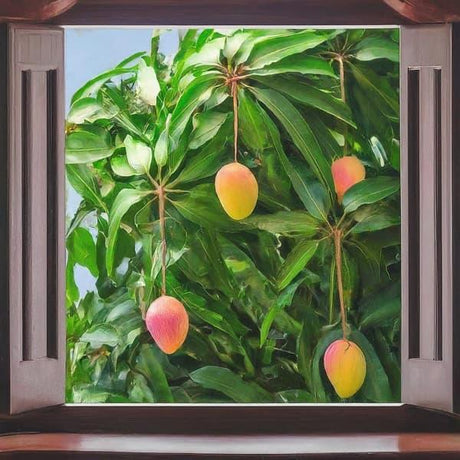
Taste the Best: Alphonso Mangoes Delight
By Prashant Powle
Alphonso mangoes are famous for their creamy texture, sweet taste, and strong scent. This article explains why Alphonso mangoes are the best variety. What Makes Alphonso Mango the Best? Smooth,...
advertisement of alphonso mangoes in mumbai
alphonso mango
alphonso mango 1 dozen price
alphonso mango 1 kg price
alphonso mango 1 kg price in india flipkart
alphonso mango 1 kg price in kolkata
alphonso mango 1 kg price in mumbai today
alphonso mango 1 peti price
alphonso mango 1 piece price
alphonso mango 12 pack
alphonso mango box price
alphonso mango delhi
alphonso mango from ratnagiri
alphonso mango gi tag
alphonso mango home delivery
alphonso mango hyderabad
alphonso mango kuwait
alphonso mango mumbai price
alphonso mango near me
alphonso mango peti
alphonso mango peti online
alphonso mango price in chennai
alphonso mango price in kolkata
alphonso mango pulp
alphonso mango pulp 1 kg price
alphonso mango pune
alphonso mango rate in bangalore
alphonso mango rate in india
alphonso mango rate in mumbai
alphonso mango rate per kg
alphonso mango rate today
alphonso mango ratnagiri
alphonso mango reliance fresh
alphonso mango shop near me
alphonso mango to usa
alphonso mango valsad
alphonso mango which country
alphonso mango zürich
alphonso mangoes
alphonso mangoes buy
alphonso mangoes cost
alphonso mangoes delhi
alphonso mangoes in chennai
alphonso mangoes in mumbai
alphonso mangoes in pune
alphonso mangoes online
alphonso mangoes online shopping
alphonso mangoes price
alphonso mangoes rate
alphonso mangoes wholesale
buy alphonso mango peti
Read more
